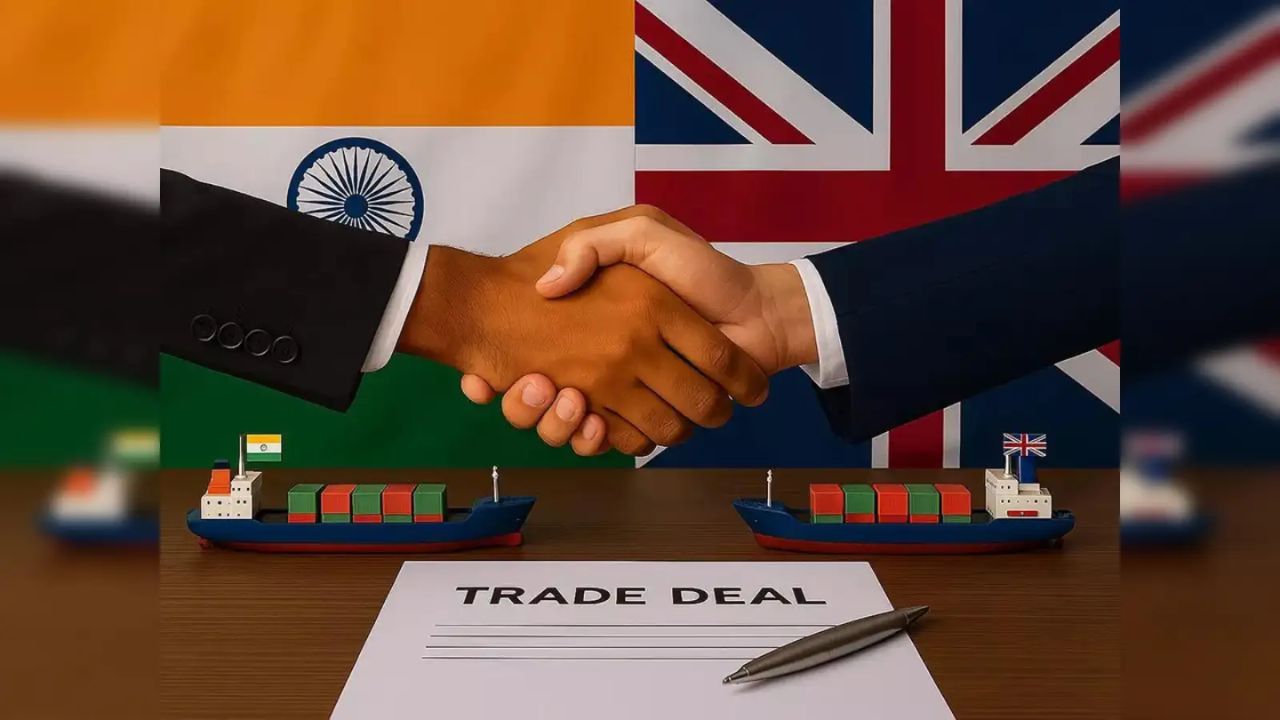 English
English

Trade talks have been going on between India and the US for the past few months, but the process was stalled after US President Donald Trump imposed a 50 percent tariff on Indian products.

Sixth round of India-US trade negotiations
New Delhi: Negotiations for a bilateral trade agreement between India and the United States are going to resume from Tuesday. The talks were pending, mainly due to a dispute over US access to India's agricultural and dairy markets. US negotiator Brendan Lynch and his team are arriving in Delhi on Monday night, paving the way for the sixth round of talks.
Trade talks have been going on between India and the US for the past few months, but the process was stalled after US President Donald Trump imposed a 50 percent tariff on Indian products. This tariff could affect $ 48 billion worth of exports from India to the US. However, India has termed this tariff as unfair and unjust.
India US Tensions: Zelensky supports US tariffs on India over Russian oil trade
US chief trade negotiator Brendan Lynch and India's chief negotiator Rajesh Aggarwal, who is a special secretary in the Commerce Department, will hold talks. Differences between the two countries are the biggest issue regarding tariff reduction on agricultural and dairy products.
PM Narendra Modi has appreciated the positive approach of US President Donald Trump, but Modi refrained from calling Trump a 'friend', which became a topic of discussion. The Prime Minister has stressed that India will not agree to any kind of compromise in agriculture-based markets that harms the interests of farmers and livestock farmers.
‘We don’t wage war…’, China’s reply to Trump on threat of imposing 100% tariff
India has made it clear that it will not cut tariffs on US agricultural products such as corn, soybean, apples, almonds and ethanol. The main reason for this is the protection of domestic farmers and agriculture-related small and medium enterprises (MSMEs). India sees these sectors as the main source of employment and will not allow it to be weakened.
US Commerce Secretary Howard Lutnick has warned India that if it continues to refuse to buy US corn, then the access of Indian products to the US market may be affected. In response, India has adopted a strategy to diversify export markets, prominent among which are Britain, Europe, Japan and West Asia.
In August, a senior US official said it would not be easy to resolve differences in the trade deal with India immediately. India has not yet given tariff exemptions to any trading partner, including Australia and Switzerland.